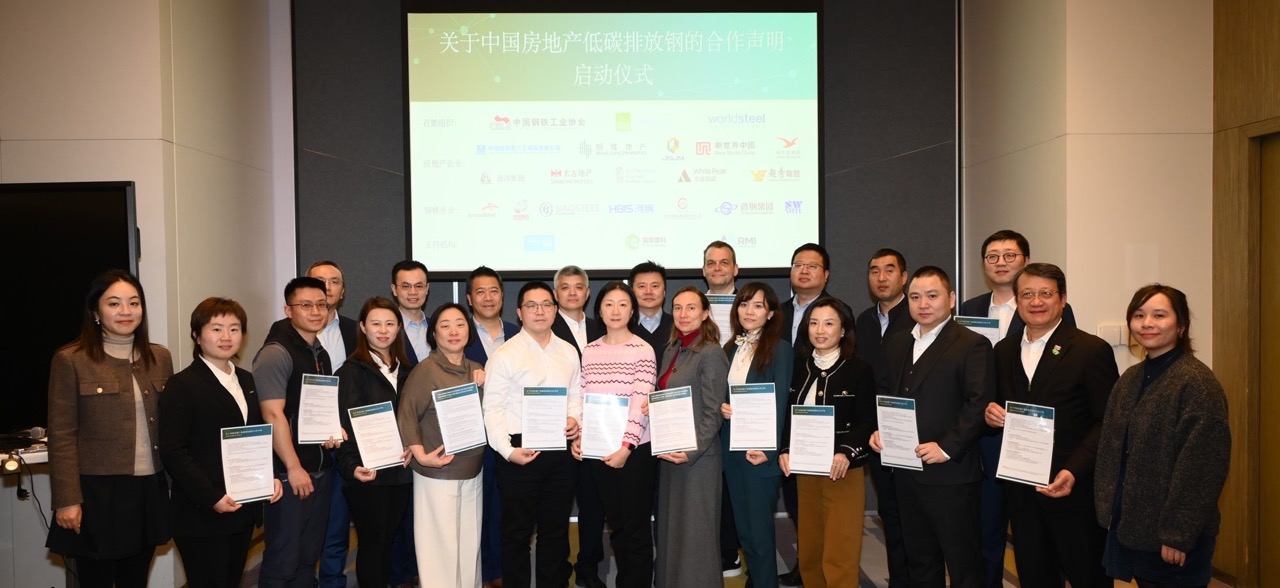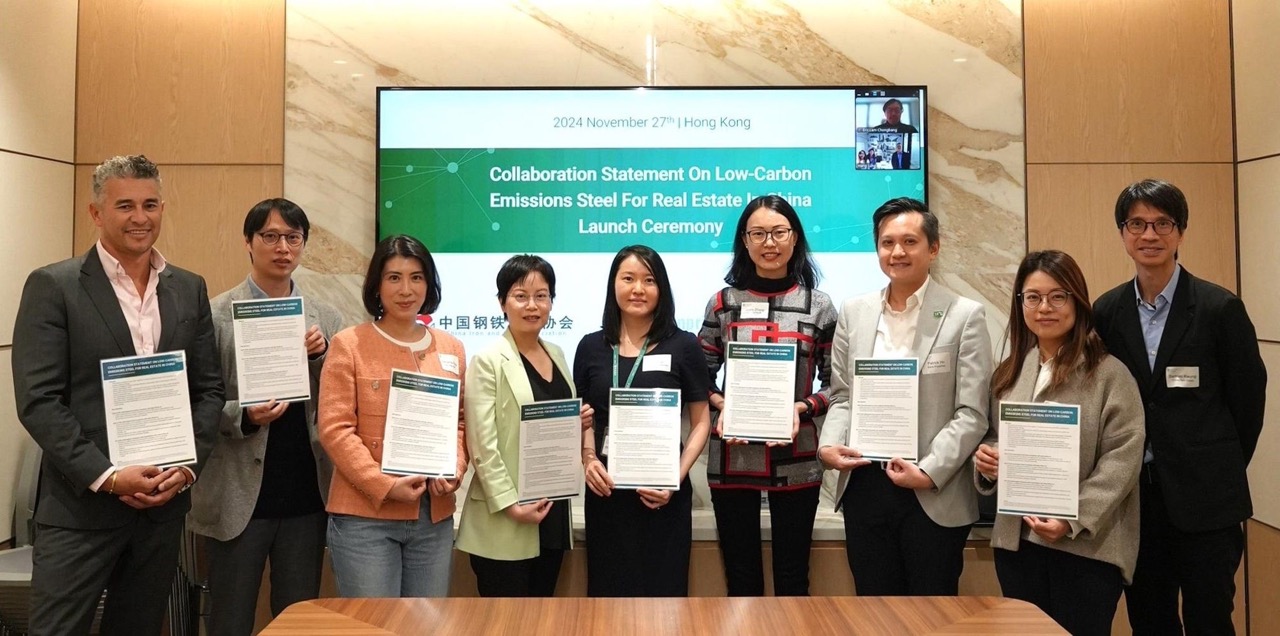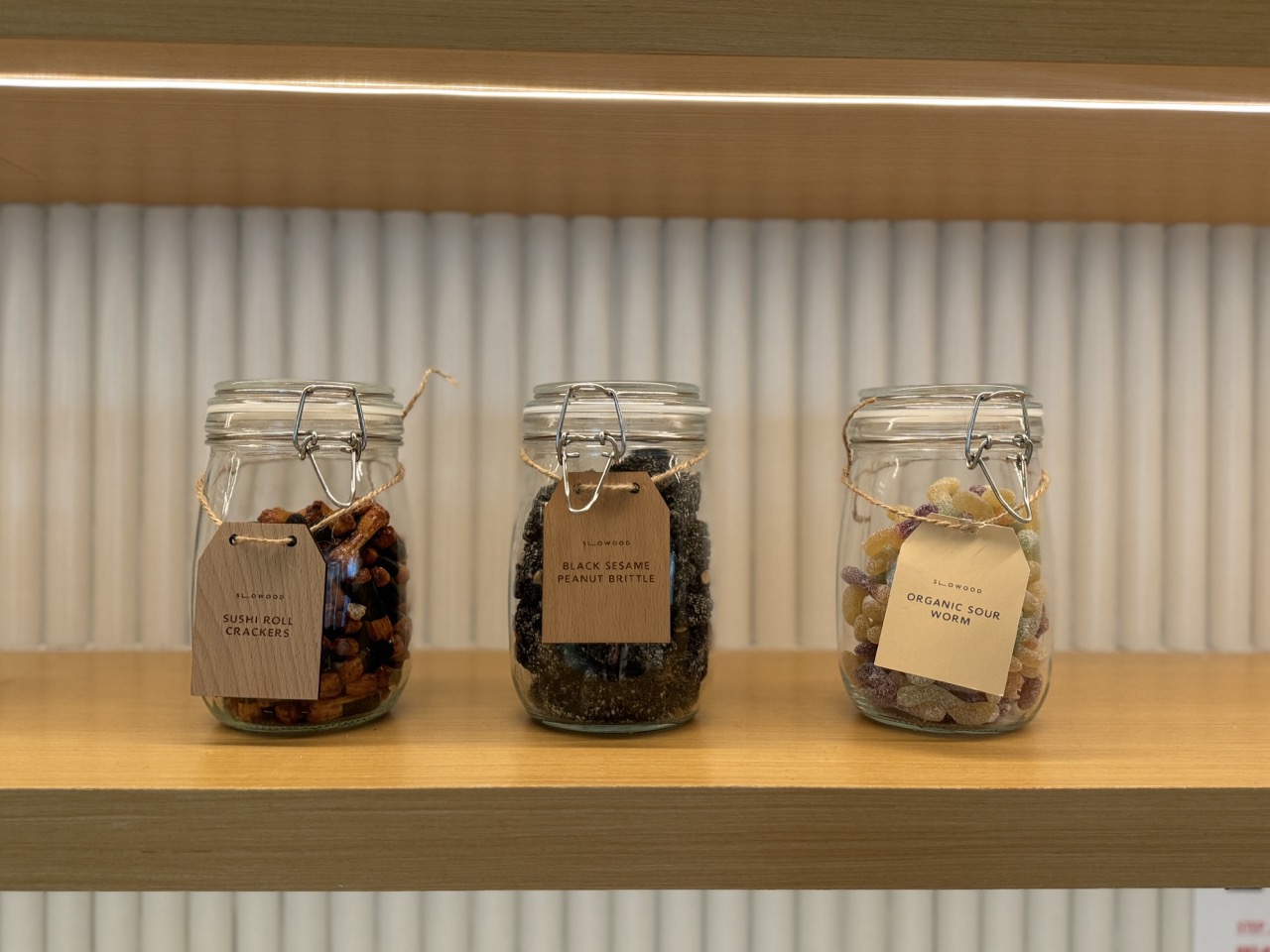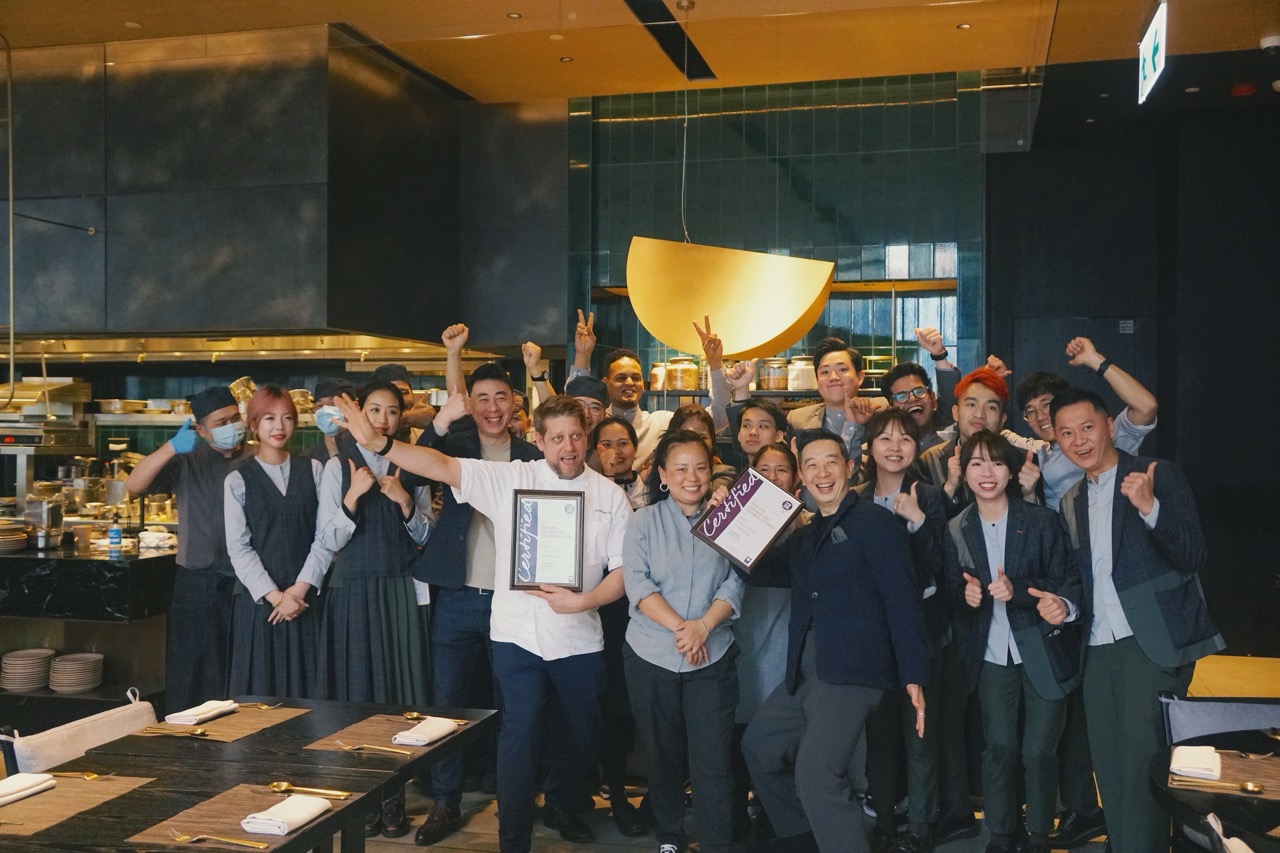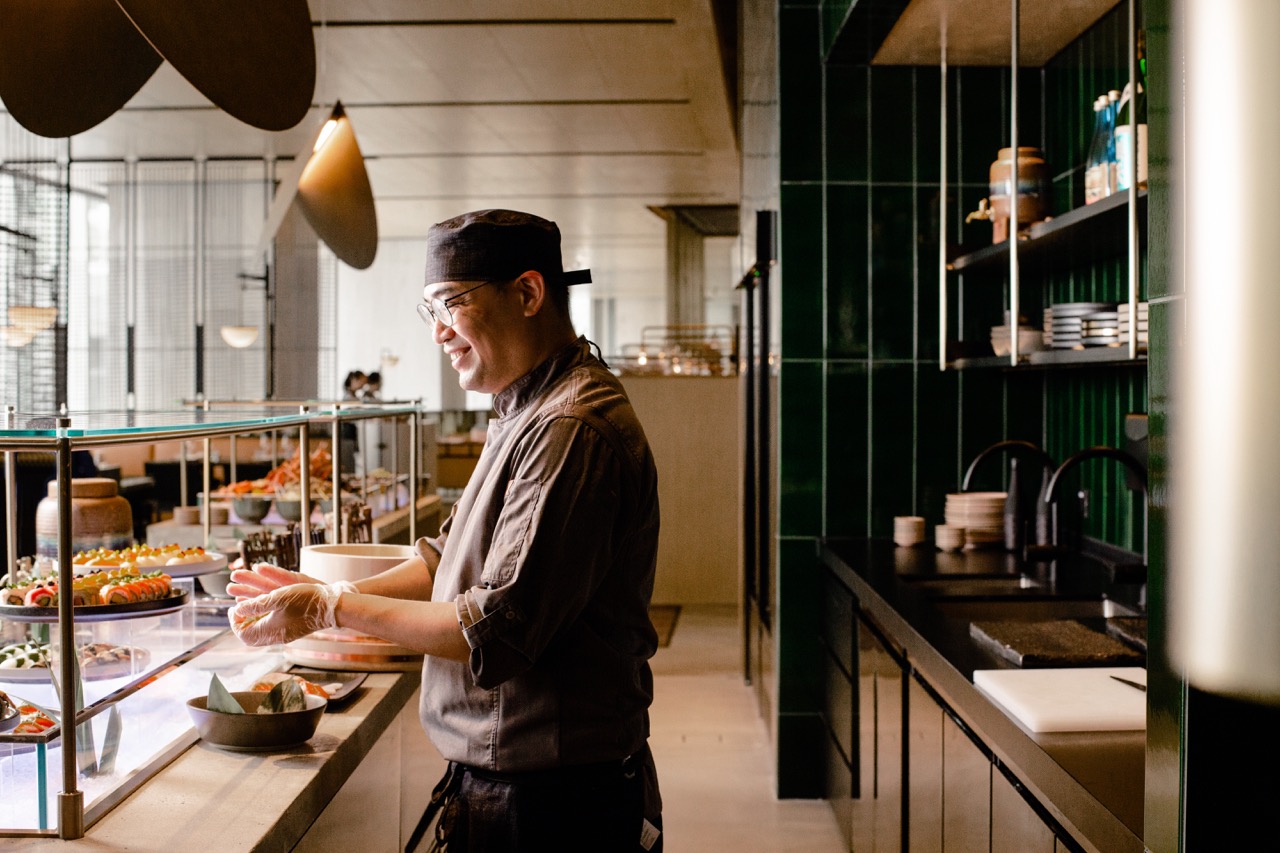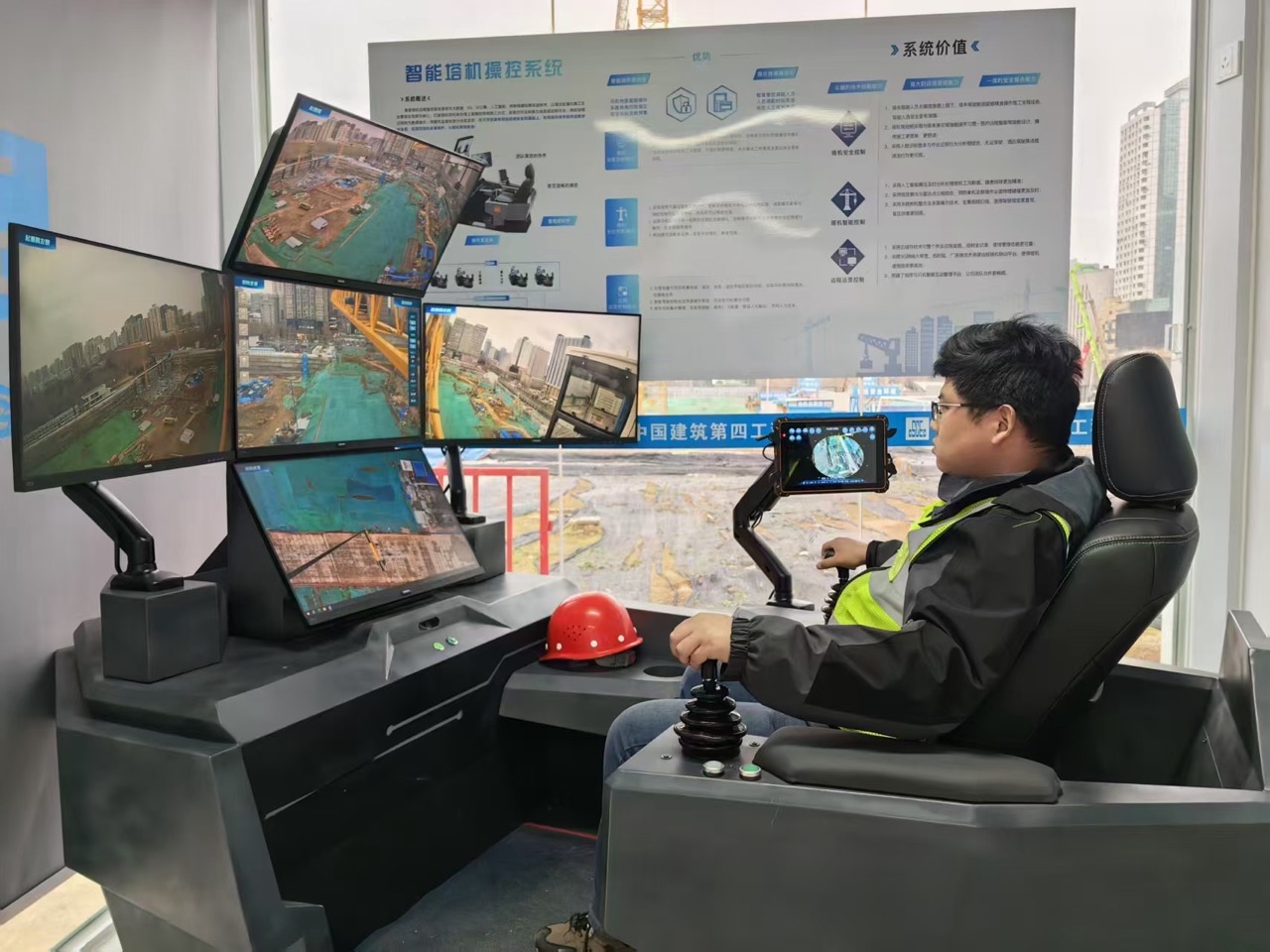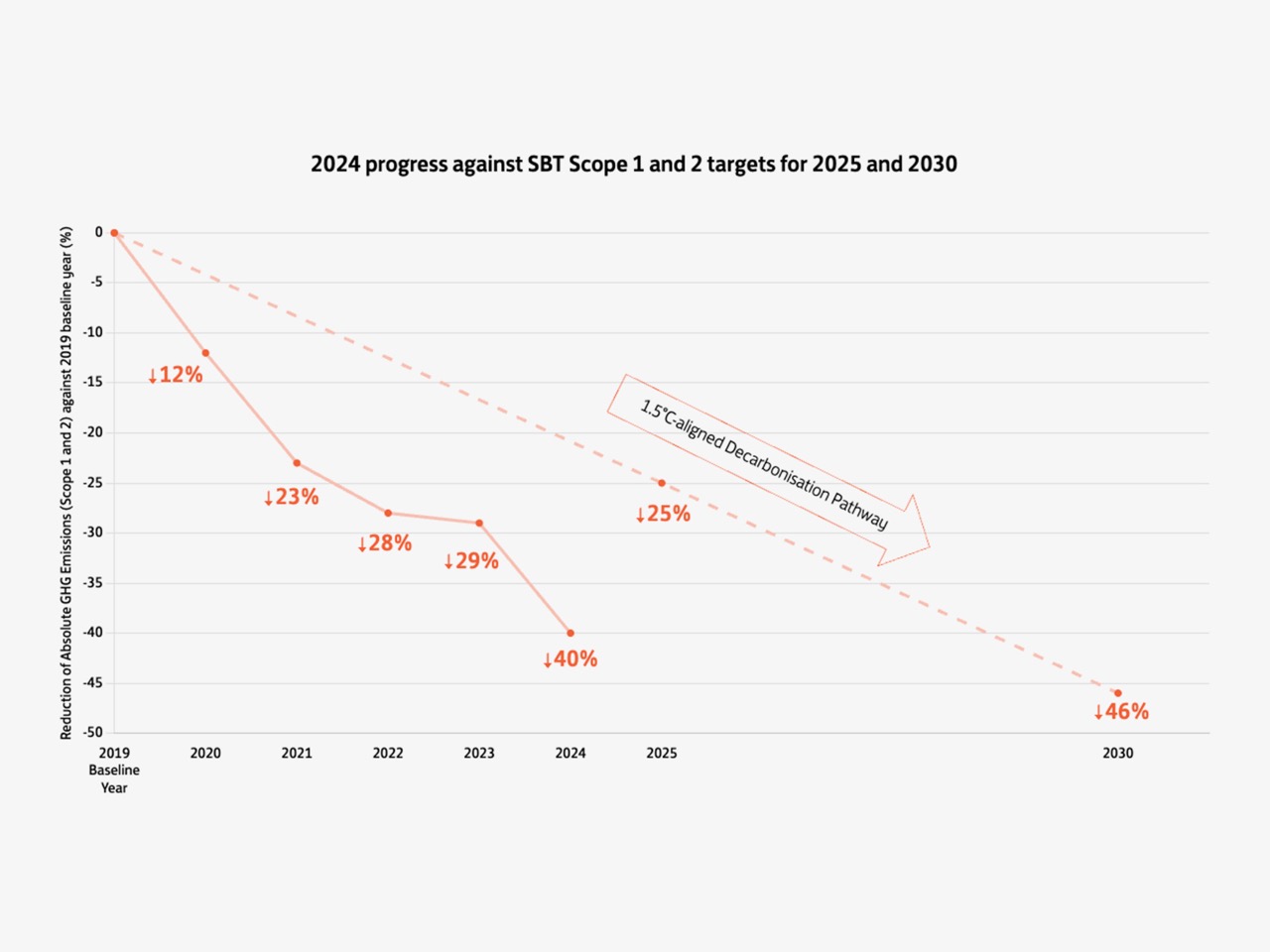Sustainable Procurement
GRI 301
HKEX Aspect A2 KPI B5.4
HKEX Aspect A2 KPI B5.4
Supply chain management was identified as a sustainability megatrend and one of the top 10 material issues to the Company’s operations in our 2023 materiality assessment. Companies are facing increased regulatory requirements to identify and address ESG risks beyond their own operations, and there is stronger investor focus on sustainable procurement practices.
As such, we have in place a robust sustainable procurement strategy to discuss, manage, track and report supply chain sustainability issues.
Sustainable Procurement for Hong Kong and the Chinese Mainland in 2024
HKD447million
Total value
13%
of total procurement spend
Sustainable Procurement Guidelines and Specifications
Since 2015, Swire Properties has implemented environmental procurement guidelines in accordance with the ISO 14001 Environmental Management System. This system tracks our consumption of office supplies, building services equipment and building materials that meet specific environmental criteria – such as whether the products have been certified or accredited by reputable independent third parties. We use this data to evaluate our sustainable procurement performance and identify further opportunities to source more sustainable products.
We require the responsible management of waste within our construction sites, and require our contractors to document their waste management approaches with a Waste Management Plan. To ensure proper disposal and recycling practices are realised, all contractors are educated on waste management techniques and shall document its waste management efforts regularly via an Environmental Monitoring and Audit Report, containing information in the format of Waste Flow Tables.
Beginning in 2020, we expanded our green procurement process to include sustainability-related products and services, including expenditures on promoting safety, health and wellbeing in our properties and new developments.
Swire Properties was the first real estate developer in Hong Kong to introduce low-carbon specifications for new developments, with procurement specifications on recycled content and low-carbon manufacturing techniques for major building materials such as concrete, reinforcement bar (“rebar”) and structural steel and obtainment of green building certifications.
These specifications have now been adopted into the main contracts for new developments in Hong Kong and the Chinese Mainland, as appropriate. Pre-qualification checks are conducted to ensure tenderers fulfil all sustainability requirements in their tender specifications. We also track our consumption of specific construction materials used in projects under development, such as timber, concrete and rebar. This allows us to benchmark our consumption of these materials and their environmental impact during the construction of new developments. In our existing operations, we require our key service providers – such as engineering services, cleaning and landscaping – to obtain certification under internationally recognised environmental and H&S standards.
We also provide sustainable procurement guidelines to our procurement staff in Hong Kong and the Chinese Mainland for non-key materials and services such as office equipment and catering. This empowers them to consider environmental performance during the procurement of goods and services.
Partnerships and Recognitions
We have been a member of the Hong Kong Green Purchasing Charter of the Green Council since 2013 and a member of their Sustainable Procurement Charter since 2018. We also joined the WWF-Hong Kong Sustainable Seafood Business Membership Programme in 2023, which commits us to promoting the sustainable sourcing and consumption of seafood in Hong Kong.
Since 2021, we have worked with Tsinghua University to explore the availability and use of low-carbon building materials in the Chinese Mainland.
To facilitate the low-carbon transformation of our supply chain, we also regularly share our experience with contractors and building material suppliers in the real estate and construction industries through publications, presentations at conferences and other channels. The aim is to collaborate with our supply chain partners to innovate low-carbon best practices and push for a greater general availability of low-carbon building materials.
The relevant SDGs are:
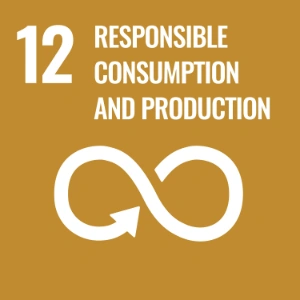
SDG 12
Ensuring sustainable consumption and production patterns.
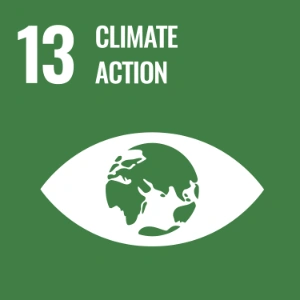
SDG 13
Taking urgent action to combat climate change and its impacts.
Endorses Landmark Statement Supporting Low Carbon Emissions Steel in the Chinese Mainland
Endorses Landmark Statement Supporting Low Carbon Emissions Steel in the Chinese Mainland
Swire Properties is excited to be among the first three developers to endorse a landmark statement that aims to accelerate the market transformation to low carbon emissions steel manufacturing in Chinese Mainland’s real estate industry.
Swire Properties is honoured to join this transformative initiative convened by the “China Iron and Steel Association (CISA)”, “Urban Land Institute (ULI) Greenprint” and “World Steel Association (WSA)”.
This initiative further expands the Company’s placemaking efforts and strengthens its commitment to integrating sustainability into every aspect of its business, particularly the built environment. The Company will take steps to accelerate progress in reducing emissions from steel in real estate:
Procurement – engage suppliers and propose options for low carbon emissions steel, whenever feasible;
Set Guidelines – agree on appropriate low carbon emissions steel standard for global and local markets;
Disclosure & Transparency – improve the disclosure of lifecycle carbon emissions data for steel products being used at the Company’s new development projects;
Collaboration – partner with peers and stakeholders to address the cost of low carbon emissions steel and other challenges.
Continuous Expansion of our Sustainable Sourcing Programme
Continuous Expansion of our Sustainable Sourcing Programme
Swire Properties is committed to expanding our sourcing of sustainable materials across all areas of our business. In 2024, we continued to make significant advancements in this respect, including:
Human Resources and Administration Sustainable Procurement
To take our ongoing commitment to environmentally conscious procurement forward, our Human Resources and Administration department introduced customed T-shirts made of 95% organic cotton. The department also purchased upgraded paper shredders that meet all relevant environmental certification standards.
Bamboo Tissues at Swire Hotels
From February 2024, Swire Hotels began ordering bamboo kitchen paper and facial tissue. Bamboo tissue is eco-friendly due to its rapid regrowth and minimal environmental impact. It is also biodegradable and compostable and reduces the strain on landfills, while the packaging is fully recyclable.
Swire Hotels – Circular Pantry Snacks
Early in 2024, Swire Hotels began ordering unpackaged pantry snacks. Snacks are ordered every two weeks on average, with the snacks delivered in jars. Empty jars are then collected and reused. Using refillable containers and buying in bulk reduces the amount of packaging waste that ends up in landfills or the ocean.
Sustainable Coffee at The Temple House
The Temple House provides guests with the option to select sustainable coffee beans in their coffee-based drinks. Late in 2024, the hotel began using sustainable coffee beans to make its signature espresso martini in three hotel restaurants: The Temple Café, Tivano and Jing Bar. Expanding on this idea, the hotel’s cocktail maker has also started to work with leftover food from the restaurants, focusing on breakfast items and other foods that can be used for cocktails.
FEAST and Sugar Receive Three Star Food Made Good Standard
FEAST and Sugar Receive Three Star Food Made Good Standard
In 2024, both FEAST and Sugar were awarded the highest 3 star rating from the Sustainable Restaurant Association’s Food Made Good Standard – a globally recognised standard for hospitality sustainability. The restaurants achieved high scores in the standard’s Sourcing, Society and Environment categories thanks to numerous initiatives including ORCA food waste digesters, used cooking oil recycling partnerships, green kitchen technology, the Bao Beer initiative that transforms surplus bread into craft beer, becoming a member of the WWF-Hong Kong Sustainable Seafood Business Membership Programme, and our support of local farmers and fishermen through the Eat Local campaign.
SEE MORE IN

